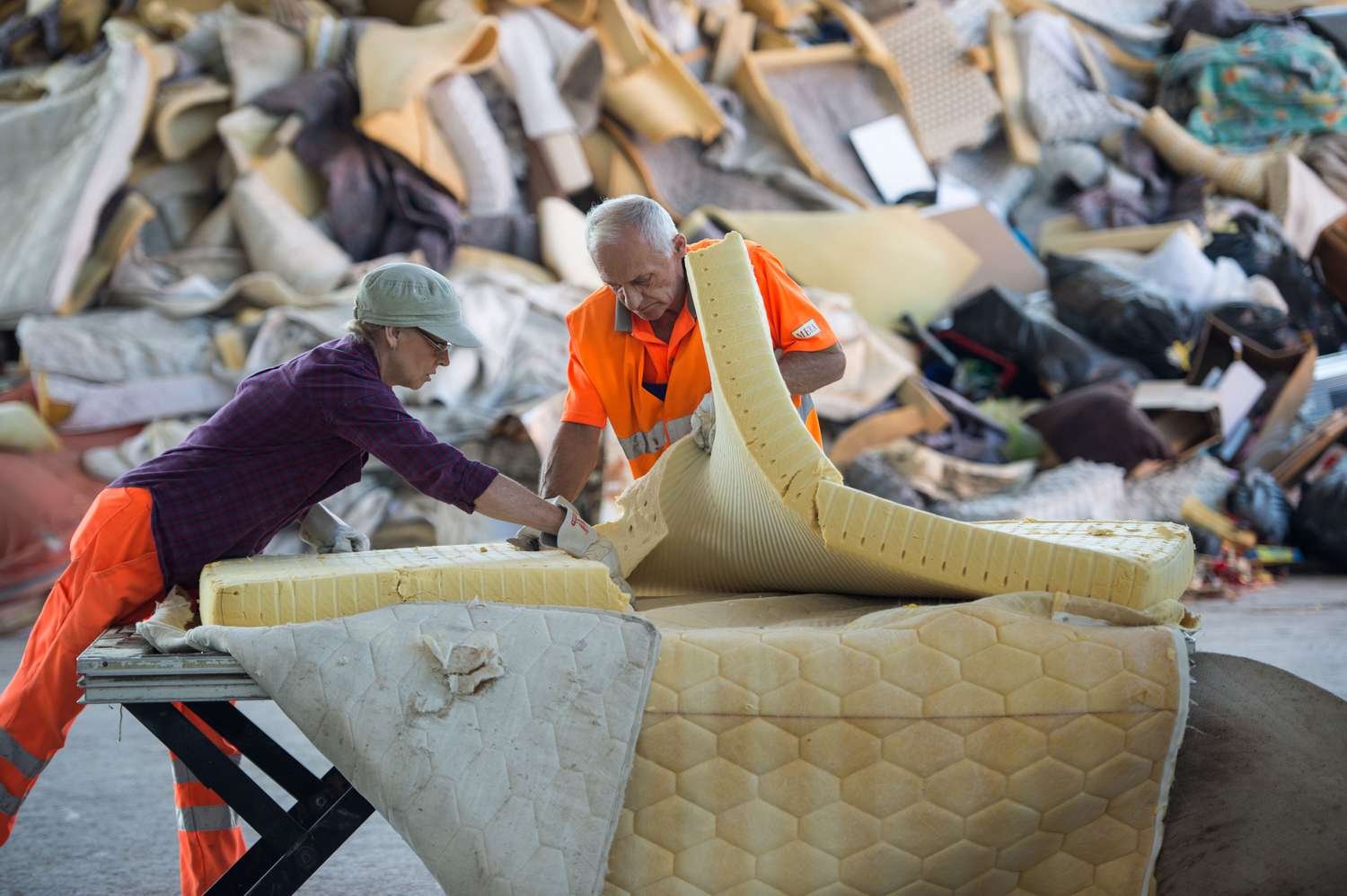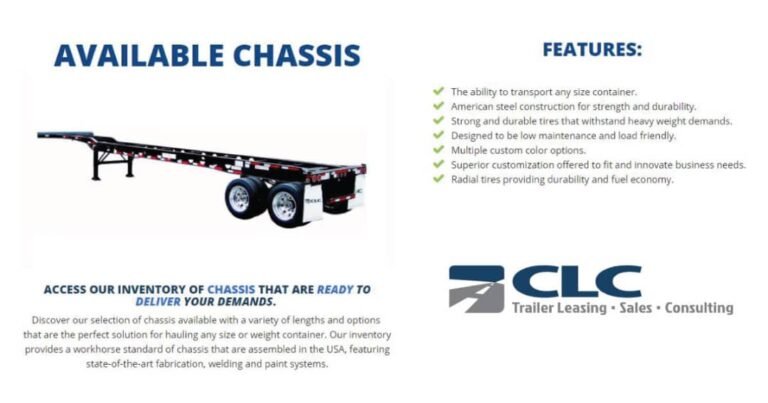Planning and Managing Deceased Estate Cleanups
Managing a deceased estate can be a complex and emotionally challenging process. When a loved one passes away, family members are often left with the responsibility of sorting through belongings, clearing the property, and preparing it for sale or rental. Effective planning and professional support are crucial for ensuring the process is handled efficiently and respectfully.
Engaging specialized services for deceased estate cleanups can significantly ease the burden. These professionals provide practical assistance in removing unwanted items, managing hazardous materials, and ensuring compliance with local regulations. Their expertise allows family members to focus on personal matters while the estate is cleared safely and systematically.
Assess the Estate
The first step in managing a deceased estate cleanup is conducting a thorough assessment of the property. Identify valuable items, personal belongings, furniture, and potential hazardous materials. This inventory will help determine what needs to be retained, donated, sold, or disposed of.
Creating a detailed plan at the outset ensures that the cleanup process is organized, reducing the risk of overlooking important items or creating unnecessary delays. A clear inventory also helps streamline communications with estate executors, family members, and service providers.
Engage Professional Support
Deceased estate cleanups often involve large volumes of furniture, appliances, and personal belongings. Professional removal services bring the experience, equipment, and manpower to handle such tasks efficiently.
These experts can provide packing, transportation, and disposal solutions, ensuring items are removed safely and responsibly. Additionally, they often offer recycling programs to minimize environmental impact. Collaborating with professional services reduces stress for family members and accelerates the overall process.
Prioritize Safety
Safety is a critical consideration during estate cleanups. Older homes may have structural issues, hazardous materials, or biohazards that require specialized handling.
Ensure that proper safety measures are in place, including protective clothing, gloves, and masks. Professional cleanup teams are trained to manage potentially dangerous items, such as sharp objects, chemicals, and outdated electronics, reducing the risk of injury or contamination.
Sort and Organize Belongings
Sorting belongings into categories is a vital step in estate management. Create distinct groups for items to be retained, donated, sold, or discarded. This system simplifies decision-making and ensures valuable or sentimental items are preserved.
Consider involving family members in this process, especially for personal or sentimental items. Clear labeling and organization will also make it easier for professional removal teams to manage the disposal efficiently.
Arrange Donations and Sales
Donating usable items and organizing sales can benefit both the estate and the community. Furniture, clothing, and household goods can be donated to charitable organizations, reducing waste and supporting those in need.
Estate sales, auctions, or online marketplaces can also help recover value from unwanted possessions. Professional cleanup services often coordinate with charities and vendors, making the process seamless and effective.
Disposal of Waste
Proper disposal of waste is an essential component of deceased estate management. Non-recyclable items, hazardous materials, and large debris require careful handling to comply with local regulations.
Professional deceased estate services ensure that waste is disposed of responsibly. They provide bulk removal, recycling options, and certified disposal methods for hazardous items, minimizing environmental impact and legal risks.
Maintain Documentation
Keeping thorough records of the cleanup process is important for estate management and legal purposes. Documenting donations, sales, and disposals provides transparency and accountability for estate executors and beneficiaries.
This documentation can also help resolve disputes, track financial outcomes, and ensure that the estate is handled according to legal requirements and the deceased person’s wishes.
Plan for Ongoing Maintenance
In some cases, estates may require ongoing maintenance or monitoring until the property is sold or repurposed. Consider scheduling regular inspections, cleaning, and minor repairs to preserve the property’s value and prevent deterioration.
Professional cleanup services often offer maintenance packages, ensuring that the property remains in good condition throughout the transition period.
Conclusion
Planning and managing deceased estate cleanups requires careful organization, practical decision-making, and professional support. Assessing the property, engaging specialized services, prioritizing safety, and maintaining detailed records are all essential for a smooth process.
By collaborating with experienced professionals, families can navigate this challenging time with confidence, ensuring the estate is cleared respectfully, efficiently, and in compliance with regulations. Proper planning not only eases the emotional burden but also preserves the value and dignity of the property left behind.







